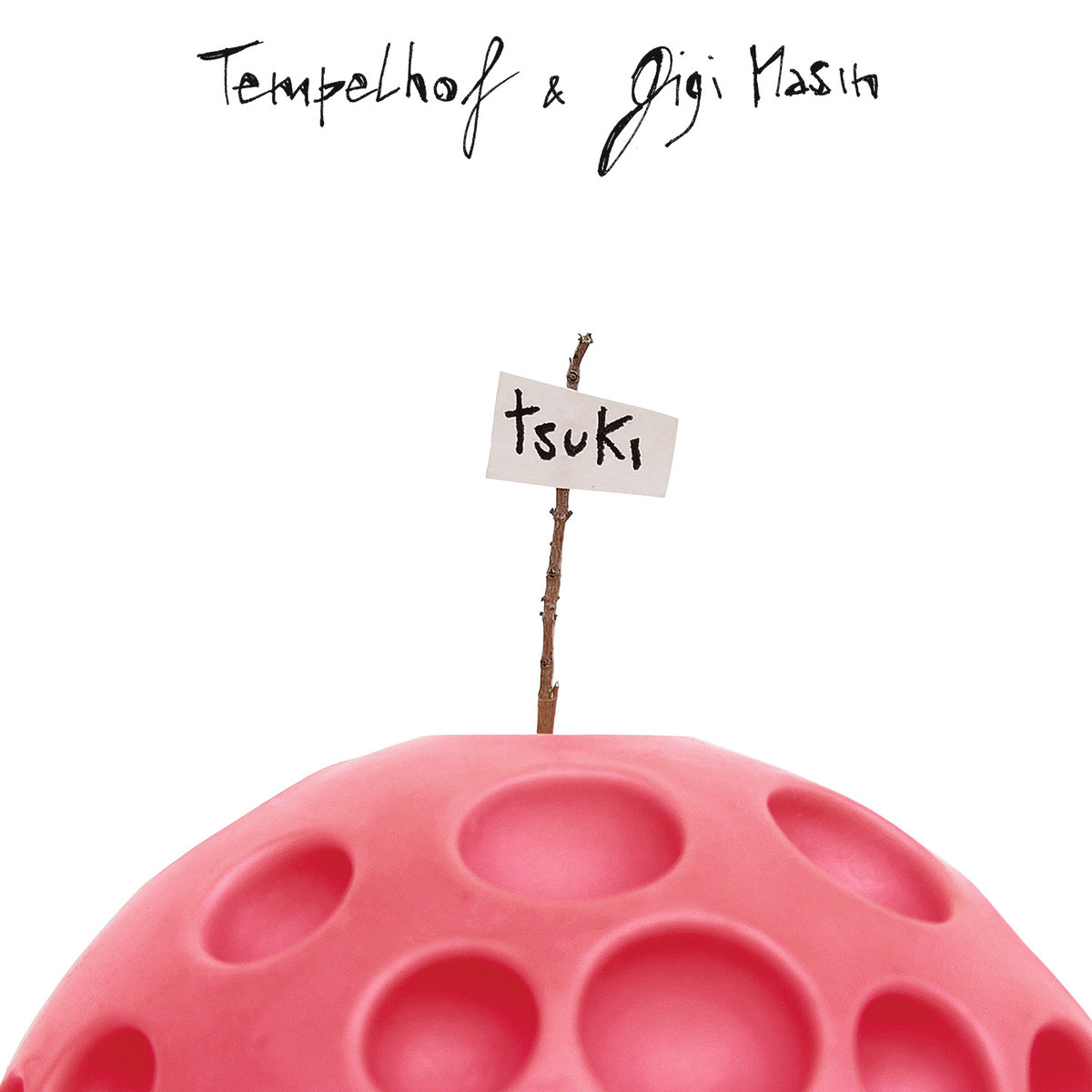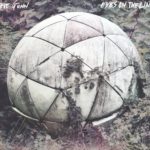It would have been so easy for Gigi Masin to be lost through the cracks in time. The Venetian composer’s debut album Wind was released thirty years ago, but as a private press release in limited numbers its potential was always limited. It’s a perfect gem of an album, a mix of New Age ambience, blissed-out Balearica and sombre, reflective moods. Masin carried on making music, gaining a small but devoted cult of followers, including the people at influential re-issue label Music From Memory who compiled the career-spanning Talk To The Sea. The cult of Masin has since grown, leading to reissues and further compilations, as well as collaborations with modern producers such as Young Marco and Jonny Nash on the acclaimed Gaussian Curve album Clouds, and Italian duo Tempelhof on Hoshi. Tsuki comes as the follow-up to the latter, finding both artists able to draw the best from each other on an album that’s light on touch and heavy on texture.
The idea of texture is key to Tsuki: these pieces move through different sounds and atmospheres, but they’re not so much songs as moods. This is sumptuously lush ambient music, made of striking chords and delicate melodies, evoking nostalgia and contemplation. The pads are thick, saturated in foggy haze, while the reverberant piano lines are sensitive and poignant. There’s beatless passages, and the percussion is fingertip-light while sounding submerged in deep water. The key way Tsuki holds together is in how it sounds like summer at its height: warm and languid, the tranquil peace of humid air.
For Masin fans, there’s a lot of familiar touches: the circular delay-effected bassline and wistful drones of ‘Komorebi’ share all the hallmarks of Talk To The Sea. But there’s also a sense that Tempelhof have brought a purposeful sense of direction to Masin’s aquatic drift. ‘Komorebi’ balloons into a comet-chasing melody, propelling skywards as sampled noise bubbles underneath. ‘Vampeta’ is almost the opposite – its undulating percussion line tunnels deep as a trippy woodwind riff stretches in and out of focus, the whole thing burying itself deeper into a psychedelic rumination. Meanwhile the jazz-leaning drums of ‘Blue 13’ feel unlike anything Masin had ever put his name to in their precarious jitter, even though they still share a majestic grandeur. The highlight is ‘Labyrinth’, a pleat of metallic melodies that rotates itself into new shapes as it collapses into a euphoric swelling of sunlit chords.
The final track ‘The Final Man’ sees (presumably) Masin’s wordless drawl matched to a motionless bassline and sun-kissed guitar line that’s equal parts The Blue Nile and Chris Rea. The former are known for their powerful introversion, while the latter is on the kitsch end of soft rock. The balance between the two values lies at the core of this album: Tsuki flirts with tastelessness in its sense of comfort – the way it establishes moods that feel deep enough to resonate, yet hollow enough to live inside. Between the two acts, they have managed to create a world that feels intimately familiar, yet wondrous enough to want to escape inside.




